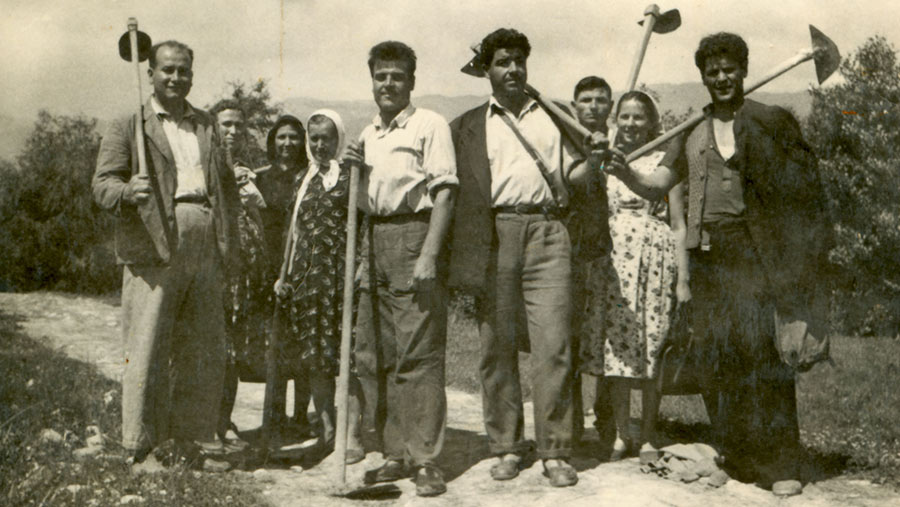Opinion: I’ve become a ‘heritage’ farming character at 50
 © Kuco/Adobe Stock
© Kuco/Adobe Stock My grandparents often pointed out that life passes quickly. As a teenager, when a 30-minute Latin lesson felt like a month, I had no idea what they were talking about.
That time of my life was just one long, agonisingly dull wait for adulthood.
I recently hit my half century and I realise they were right. It feels as though time accelerates with the passage of time.
See also: Opinion – an alternative model for succession planning
By tradition this ought to be a column along the lines of “50 things I have learned so far”, “My favourite 50 Ministers of Agriculture from the current government”, or “50 of my notable mishaps with heavy machinery” (I should point out that the last one is a joke just in case our insurance broker is reading this article).
But I have become twitchy if I hear anything that sounds even vaguely like a clock ticking.
To honour my antiquity, last summer I was interviewed for an oral history documentary for the British Library. I sat in an armchair while they recorded more than 10 hours of everything that I could remember about my farming life, right from childhood.
If they had filmed it, it would have looked like a Werther’s Originals commercial. By the end I was even talking in a wobbly, old veteran’s voice.
The experience was surprisingly moving. The world seems so different now to how it was a few decades ago that by the end I was starting to question which was reality.
This transition to tribal elder went up another gear when I was interviewed for an episode of Countryfile, which first aired on Sunday 9 July, about cut-flower growing in the Spalding area.
I expected they would want to showcase all of our recent investments aimed to displace flower imports – the multimillion-pound factory that we have just finished, the tractor telemetrics, the precision drills, the robot weeders, the renewable energy.
But it became clear quite quickly that the cameras weren’t going anywhere near this stuff.
My suspicion was first aroused when the producer asked about the age of my Discovery.
Then they started asking questions about my grandad picking flowers for Covent Garden Market and of my memories of Spalding Flower Parade in the 1980s.
As the cameras continued to roll, it dawned on me this wasn’t going to be a profile of a valiant captain of industry – I was going to be one of those heritage characters that they do.
I suddenly pictured all their interviews with roof thatchers in Morris Minor vans, fishermen weaving lobster pots and sooty old men who shovel coal into traction engines while wearing an ancestor’s three-piece woolly suit and hat. Was this what they saw in me?
At the time of writing, the episode is yet to air, but I intend to switch off the power to the house at the main fuse board at the point it does to avoid the precise moment when I am committed to history as some quaint old soul keeping lit the flame for the heritage art of British flower growing.
The ageing process is meant to teach us acceptance of who we have are, peace with our failings and humility over our good fortune. In this respect, I can take comfort that I still have plenty of growing up left to do.
